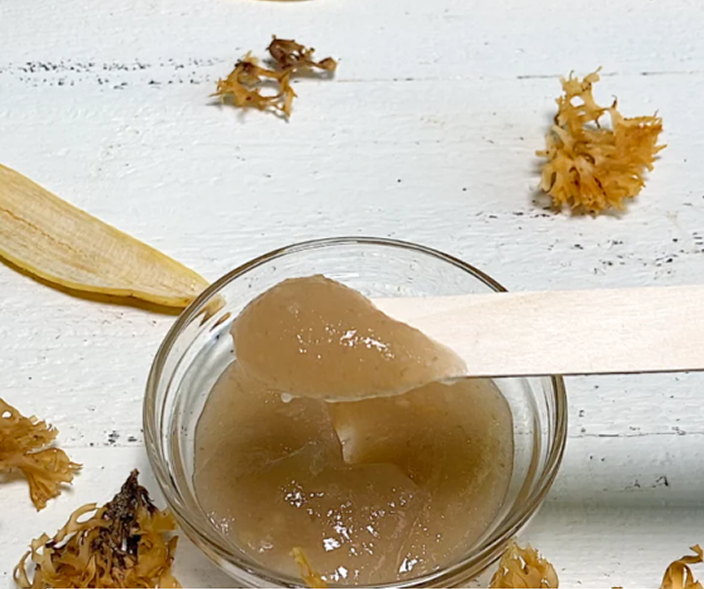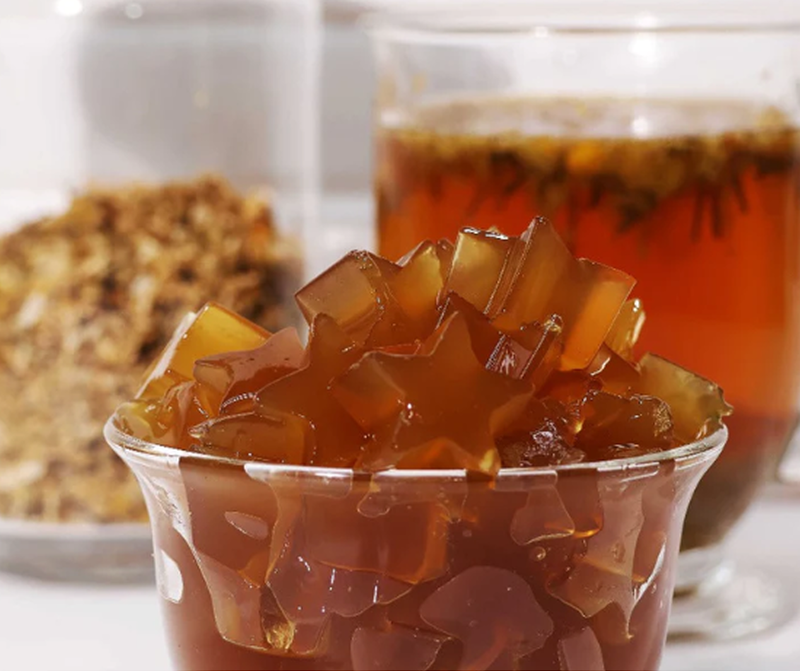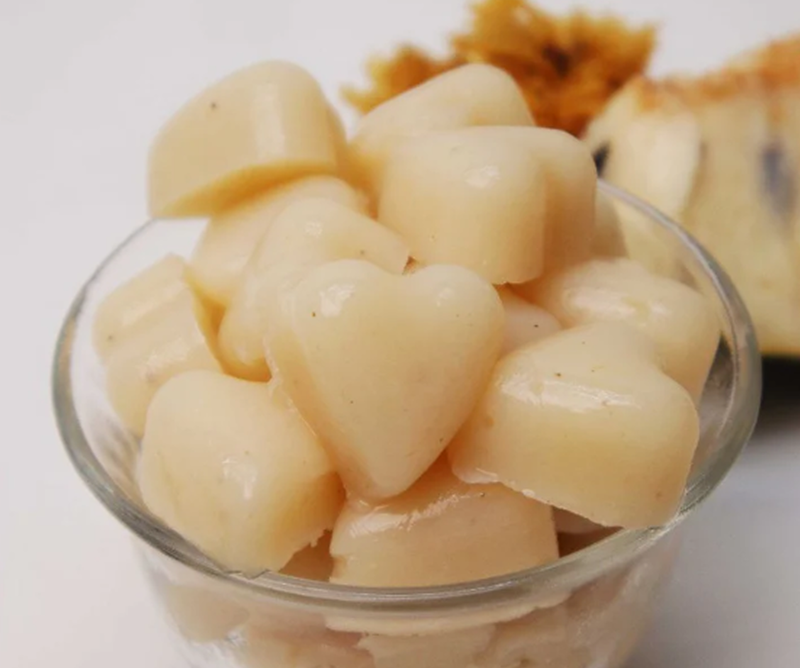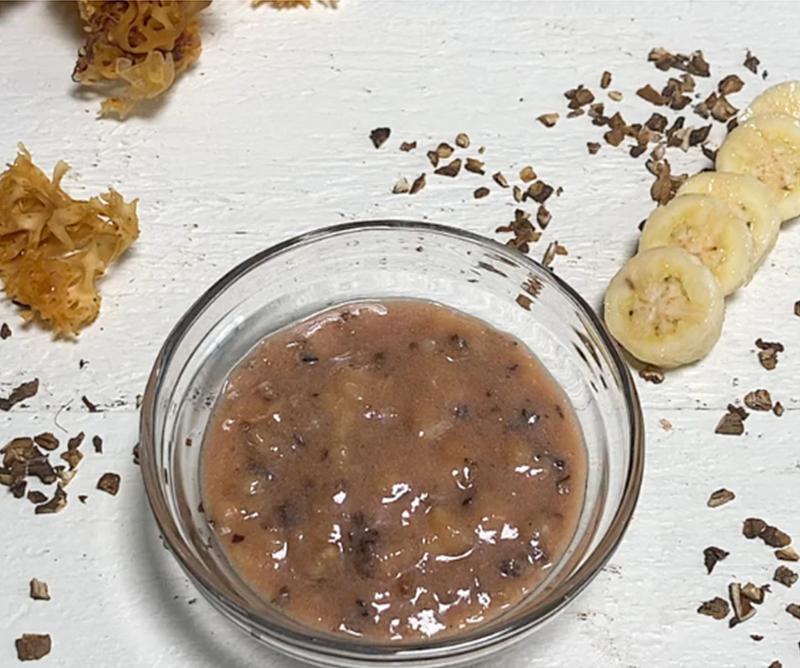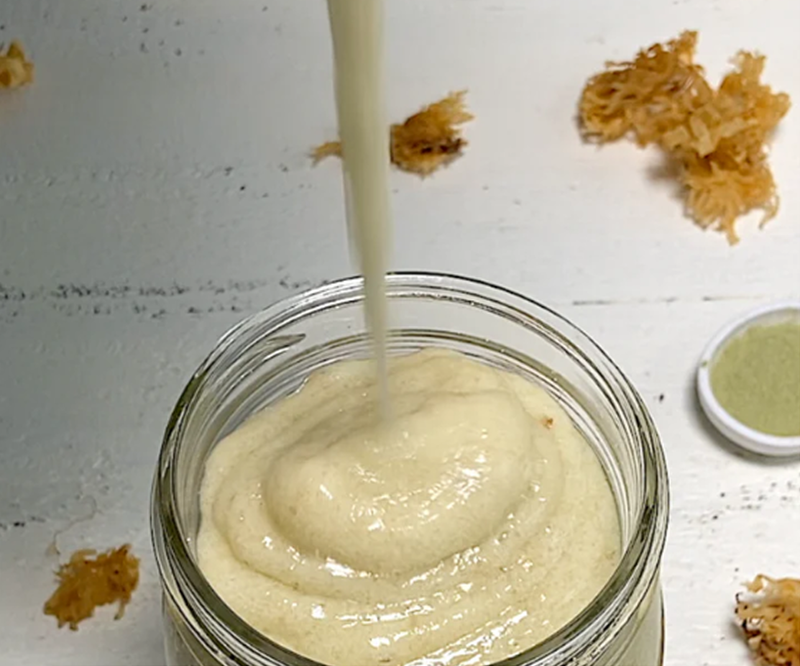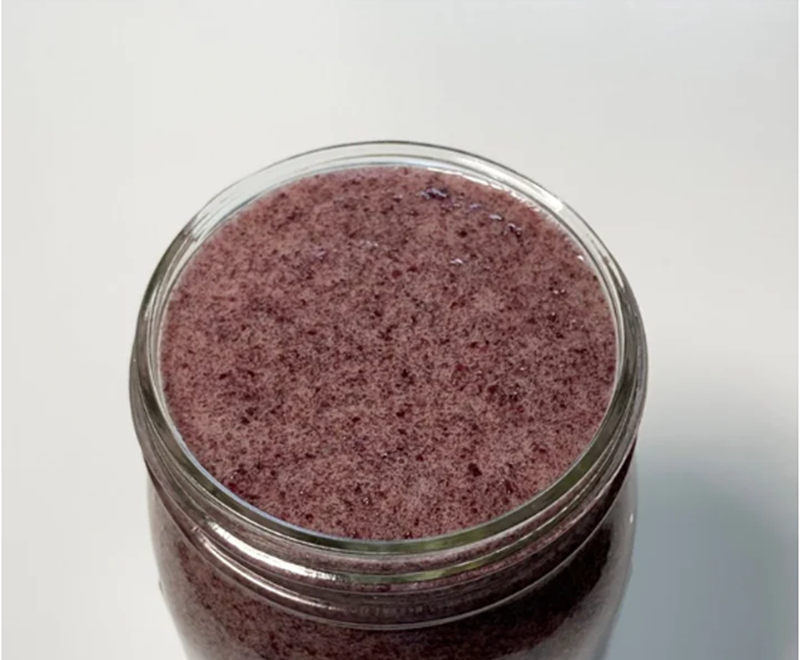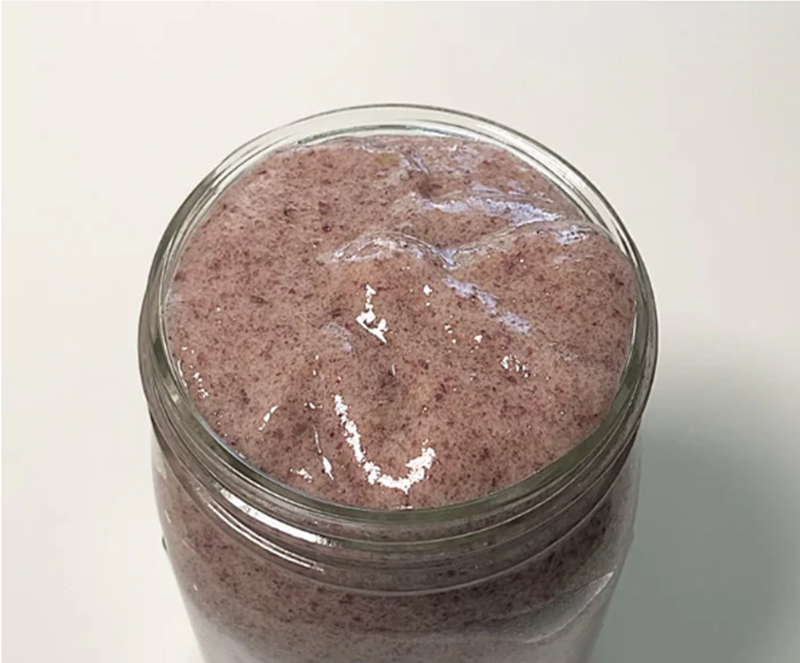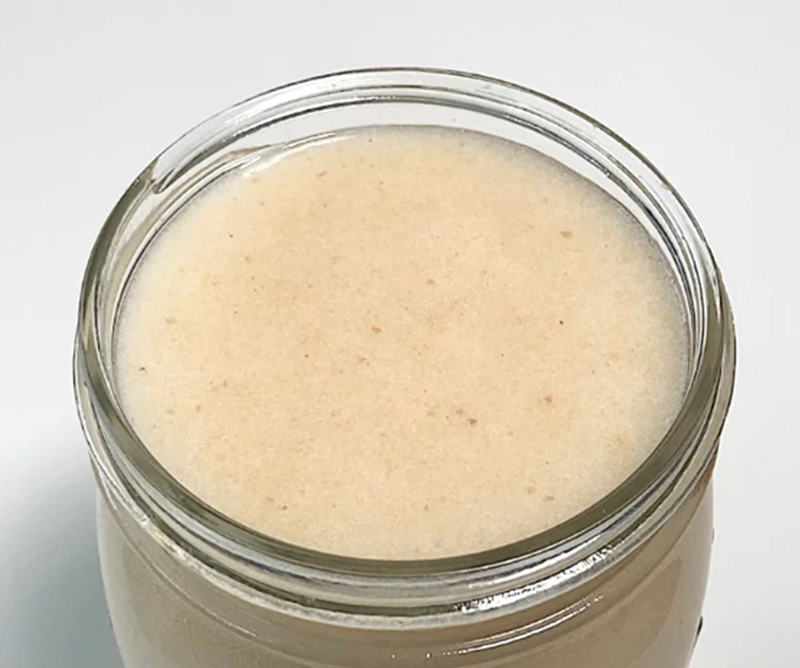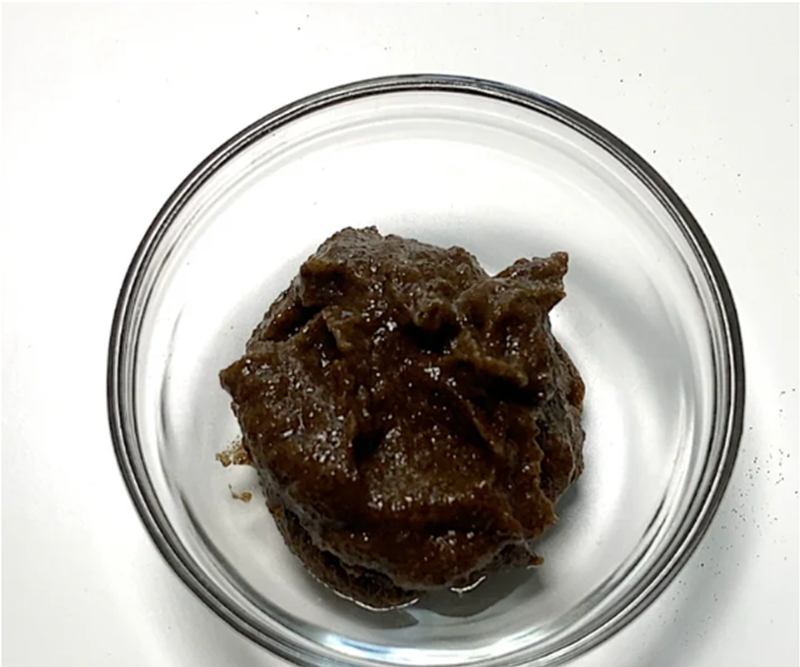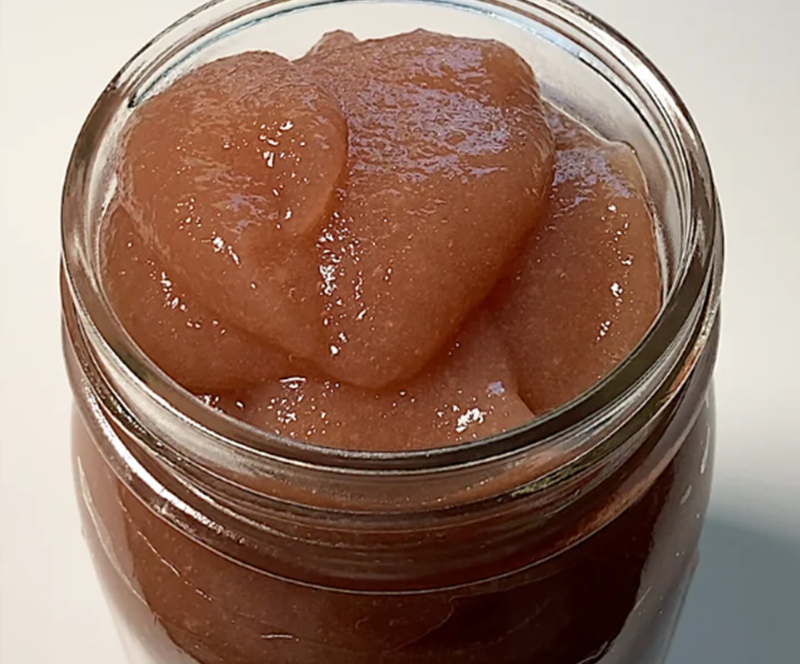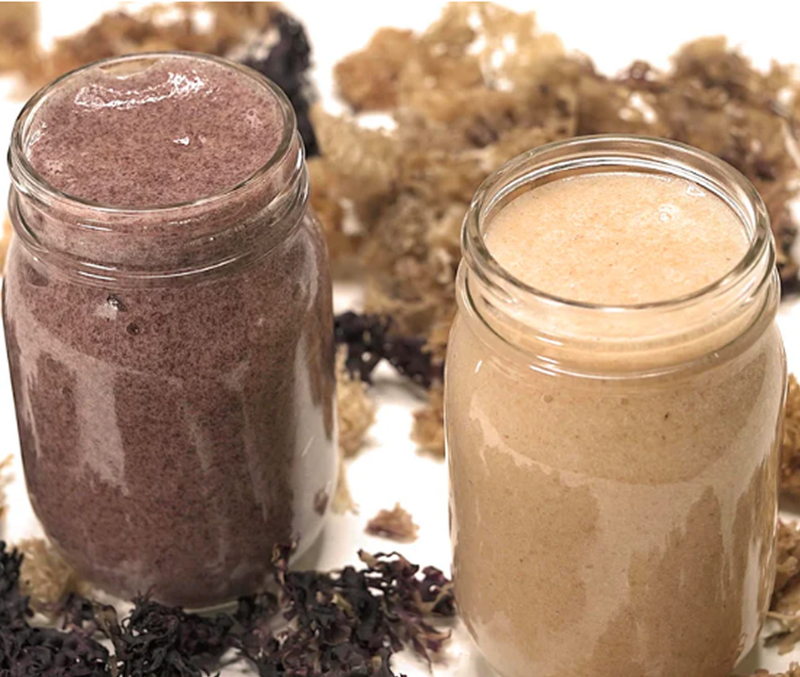

Nearly 1 in 3 adults worldwide struggles with high blood pressure, an easy-to-miss condition that can lead to serious health complications. If you're looking for natural ways to support your cardiovascular health, sea moss might be worth your attention. This nutrient-rich seaweed has been used for centuries in traditional wellness practices and is now gaining popularity in modern health circles.
Sea moss contains key minerals like potassium and magnesium that play important roles in heart health and blood pressure regulation.* For those seeking a natural way to manage blood pressure, sea moss is a good option.*
In this article, we'll explore the impact of sea moss on blood pressure, examine the scientific evidence, and provide practical guidance on how to incorporate this marine algae into your wellness routine effectively and safely.
What is Sea Moss?
Sea moss, scientifically known as Chondrus crispus or Irish moss, is a species of red algae that grows along the rocky parts of the Atlantic coast of Europe and North America. For centuries, it has been harvested and used in everyday life as both food and medicine.
Sea moss supplements come in several forms for modern consumption:
What makes sea moss particularly valuable is its impressive nutrient profile. It contains minerals that the human body needs, including iodine, potassium, calcium, and magnesium.* These minerals are naturally absorbed from the ocean water and rocks where the sea moss grows.
The highest quality Chondrus crispus sea moss grows in cold, northern Atlantic waters where it attaches to rocks and absorbs minerals directly from its environment. This cold-water, wildcrafted variety is considered superior to cultivated varieties grown in warm waters. The natural growing conditions contribute to its rich mineral content and potential sea moss health benefits.
Why Is Blood Pressure So Important?
Blood pressure is the force of blood pushing against the walls of your arteries as your heart pumps. It's measured using two numbers: systolic pressure (when your heart beats) and diastolic pressure (when your heart rests between beats).
Normal blood pressure is typically around 120/80 mmHg. When these numbers consistently rise above 130/80 mmHg, you're considered to have high blood pressure, or hypertension.
Your body regulates blood pressure through a complex system involving your:
- Heart (pumping force)
- Blood vessels (flexibility and diameter)
- Kidneys (fluid and salt balance)
-
Hormones (chemical messengers that signal blood vessel constriction or relaxation)
High blood pressure can develop from various factors:
- Genetic predisposition
- Age (risk increases as we get older)
- Diet high in sodium and low in potassium
- Lack of physical activity
- Stress
- Smoking and alcohol consumption
- Certain medical conditions
Left untreated, hypertension can damage your arteries, heart, brain, and kidneys. It significantly increases your risk of heart attack, stroke, heart failure, and kidney disease. What makes it particularly dangerous is that it often has no symptoms until serious damage has occurred, earning it the nickname "the silent killer."
How Sea Moss May Help Lower Blood Pressure

Certain nutrients in sea moss may support healthy blood pressure levels*:
Minerals Aiding Vascular Health
Sea moss is packed with minerals that play direct roles in blood pressure regulation.*
- Potassium: This mineral is crucial for blood pressure control. It helps your body eliminate excess sodium through urine and eases tension in blood vessel walls.* Potassium-rich foods manage blood pressure, and sea moss firmly falls into that category.*
- Magnesium: Found in sea moss, magnesium helps blood vessels relax and dilate.* When your blood vessels are more flexible, blood flows more easily, potentially reducing pressure.*
-
Calcium: While calcium is known for bone health, it also plays a role in blood vessel function.* The right balance of calcium helps your blood vessels contract and relax properly, contributing to healthy blood pressure.*
Anti-inflammatory Compounds
Chronic inflammation can damage blood vessels and contribute to hypertension. Sea moss contains compounds with anti-inflammatory properties that may help protect your cardiovascular system. *
Sea moss provides fucoxanthin and other carotenoids, which may fight inflammation at the cellular level.* These compounds may help reduce the inflammation that can stiffen arteries and raise blood pressure over time.*
Iodine for Thyroid Function
Sea moss provides natural iodine, which supports proper thyroid function.*
Your thyroid gland regulates metabolism and influences heart rate and blood pressure. When your thyroid doesn't get enough iodine, it can't produce sufficient hormones, potentially affecting blood pressure regulation.
By providing natural iodine, sea moss may help maintain optimal thyroid function, which in turn supports healthy blood pressure.* This is particularly beneficial for people with subclinical thyroid issues that might be affecting their cardiovascular health.*
Reduced Oxidative Stress
Sea moss contains antioxidants that may combat oxidative stress.*
Oxidative stress damages blood vessels and contributes to hypertension by reducing nitric oxide, a molecule that helps blood vessels dilate.*
The antioxidants in sea moss may help neutralize free radicals that cause oxidative damage.* This protection may help maintain blood vessel flexibility and function, supporting healthy blood pressure.*
While research specifically on sea moss and blood pressure is still ongoing, these mineral and vitamin interactions on blood pressure are well-supported by nutritional science. The combination of minerals, anti-inflammatory compounds, and antioxidants in sea moss may create a promising natural approach to supporting cardiovascular health.*
How to Use Sea Moss for Blood Pressure Support
Incorporating sea moss into your routine is relatively simple. Here's how to use it effectively for potential blood pressure benefits:
Recommended dosage: For most adults, 1-2 tablespoons of sea moss gel daily provides beneficial nutrients without excess. If using capsules, follow the manufacturer's guidelines, typically 3-4 capsules daily.
Best timing: Take sea moss preferably in the morning or afternoon. This helps with absorption and gives your body time to process the nutrients before bedtime.
- Rinse 2 oz of raw sea moss in spring water twice.
- Soak the rinsed 2 oz of sea moss in spring water for up to 24 hours.
- Remove sea moss from spring water, then rinse again.
- Using scissors, cut the sea moss into small pieces (This prevents the blender from jamming).
- Add 2 cups of spring water and the soaked sea moss to a blender. Blend together until it reaches a smooth consistency.
- Transfer to a glass jar and refrigerate.
- The sea moss gel stays good in the refrigerator for several weeks.
Easy ways to consume sea moss:
- Blend into smoothies, juices or foods (the mild taste pairs well with fruit)
- Mix into tea
- For best results, take daily in the morning
Consistency matters: For potential blood pressure benefits, daily use for at least 2-4 weeks is recommended before evaluating effects.
Quality considerations: Choose sea moss that's wildcrafted from cold waters for optimal mineral content. Alkaline Herb Shop offers premium Chondrus crispus sea moss that's sustainably harvested and packaged, filler- and additive-free, and third-party tested.
Remember that sea moss works best as part of a comprehensive approach to blood pressure management. It’s one element of a holistic health approach that includes a balanced diet, regular exercise, stress management, and proper medical care.
Potential Side Effects & Cautions
While sea moss is generally safe for most people, there are some important considerations:
Possible sea mosss side effects:
- Mild digestive adjustments (gas or bloating) when first starting
- Iodine sensitivity reactions in some individuals
- Potential thyroid effects due to iodine content
Who should be cautious:
- People with thyroid disorders should consult their doctor before using sea moss
- Those taking blood pressure medications should monitor for potential interactions
- Individuals with iodine allergies should avoid sea moss
- Pregnant or breastfeeding women should check with their healthcare provider first
Start slowly: Begin with a small amount (½ tablespoon of gel) and gradually increase to assess tolerance.
Monitor your response: Pay attention to how your body reacts and adjust accordingly.
Time to Try
Sea moss may offer natural support for healthy blood pressure through its rich mineral content, anti-inflammatory properties, and antioxidant benefits.* The potassium, magnesium, and calcium in sea moss work together to support vascular health and proper blood pressure regulation.*
For best results, incorporate sea moss as part of an approach to cardiovascular wellness that includes a balanced diet, regular physical activity, stress management, and proper medical care. Quality matters, choose wildcrafted sea moss from clean, cold waters for optimal benefits.
If you're interested in exploring sea moss for blood pressure support, start with a small amount and be consistent with daily use. Monitor your response and work with your healthcare provider, especially if you have existing health conditions.
Ready to try sea moss? Alkaline Herb Shop offers premium quality sea moss products that are wildcrafted, thoroughly tested, and prepared with care to preserve their natural benefits.
Frequently Asked Questions
Does sea moss help with blood pressure?
Yes, sea moss contains potassium, magnesium, and calcium that may support healthy blood vessel function.* Potassium helps balance sodium levels, while magnesium and calcium help relax blood vessels.*
Which nutrients in sea moss support healthy blood pressure levels?
The key nutrients in sea moss for blood pressure support include potassium, magnesium, calcium, and iodine.* It also contains antioxidants and anti-inflammatory compounds that may protect blood vessel health.*
Can sea moss improve blood circulation?
Yes, sea moss may improve circulation through a mineral profile that supports blood vessel health and function.* The iron in sea moss also supports healthy red blood cell production, which is essential for good circulation.*
Is sea moss effective for managing hypertension naturally?
Sea moss may be a helpful addition to a comprehensive approach for managing blood pressure naturally, but it's not a standalone treatment for diagnosed hypertension.* It works best alongside other lifestyle measures and medical care when needed.*
How often should I consume sea moss for blood pressure support?
For potential blood pressure benefits, consume sea moss daily. Most people take 1-2 tablespoons of sea moss gel or 3-4 capsules daily with food.
Are there any side effects of taking sea moss for high blood pressure?
Most people tolerate sea moss well, but some may experience mild digestive adjustment when first starting. Those with thyroid conditions or iodine sensitivity should use caution due to the natural iodine content.
Can I take sea moss while on hypertension medication?
You can potentially take sea moss while on blood pressure medication, but always consult your doctor first. Monitor your blood pressure closely, as the combination might improve the medication's effects, potentially requiring dosage adjustments.
How long does it take for sea moss to affect blood pressure?
Most people need to use sea moss consistently for 2-4 weeks before noticing potential effects on blood pressure.* Individual results vary based on overall health, diet, and lifestyle factors.
Does sea moss help reduce stress-related blood pressure spikes?
Sea moss contains magnesium, which has calming properties that may help manage stress responses.* By supporting overall mineral balance and providing anti-inflammatory compounds, sea moss might help moderate stress-related blood pressure fluctuations when used regularly.*





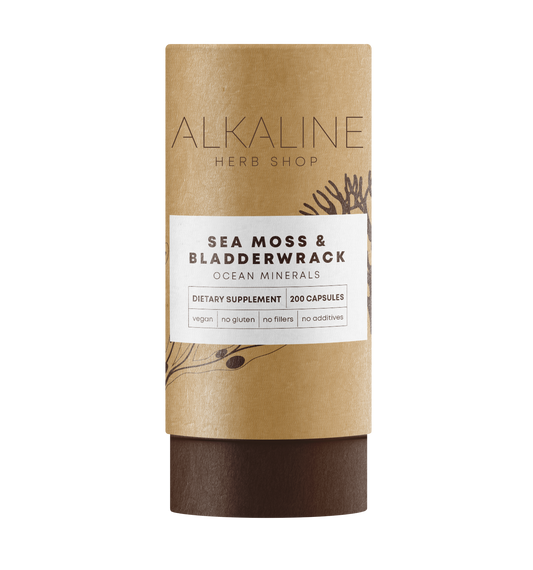
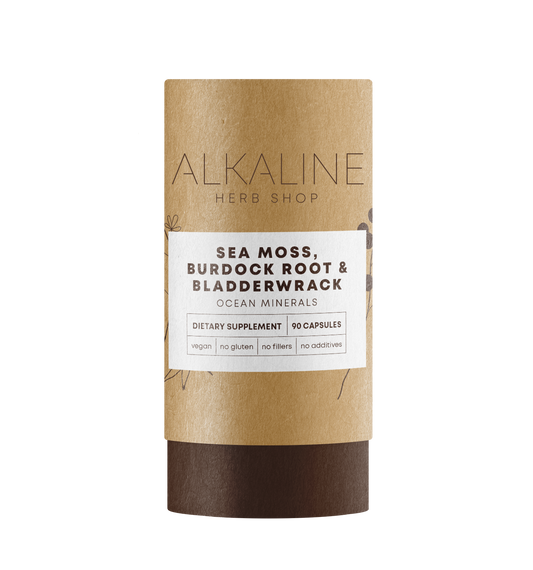
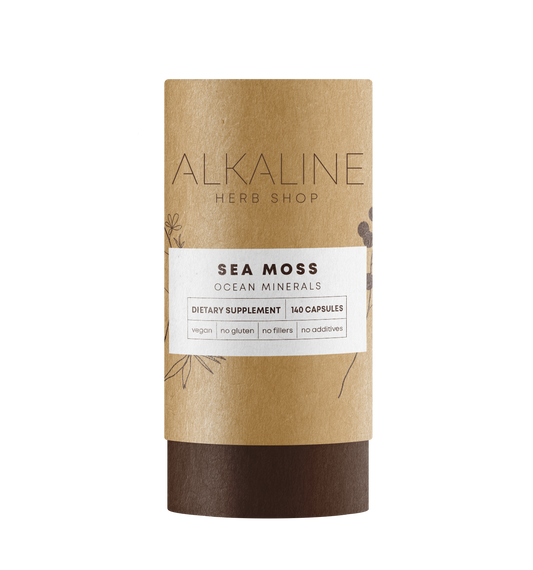
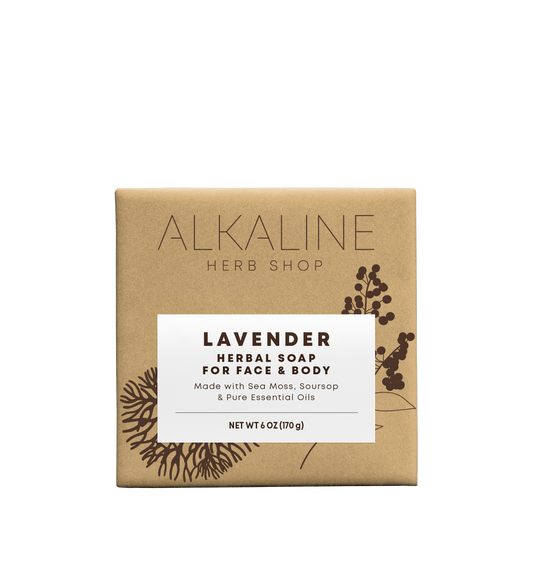
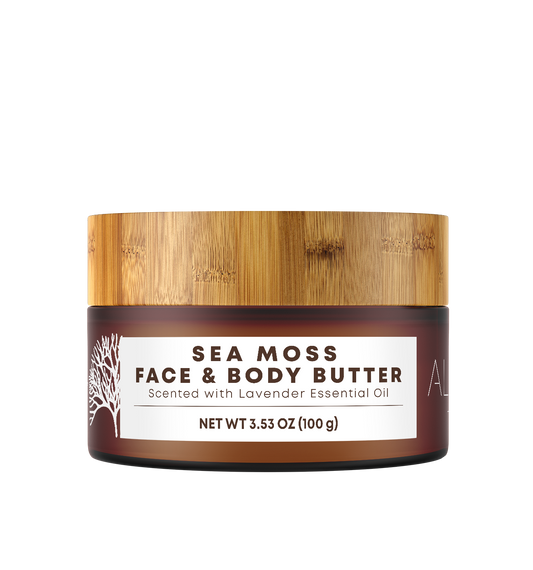
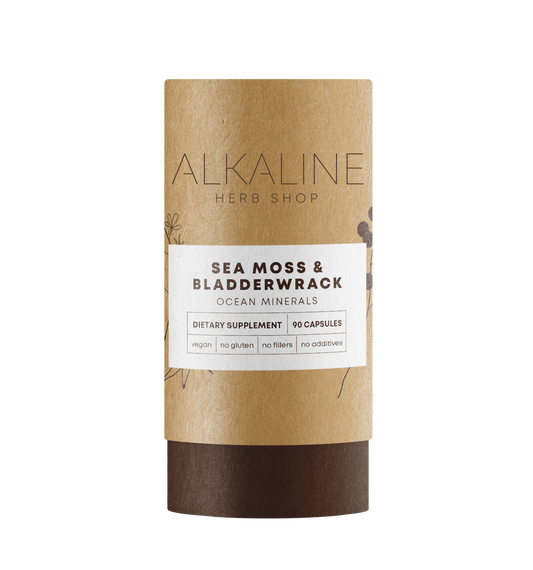
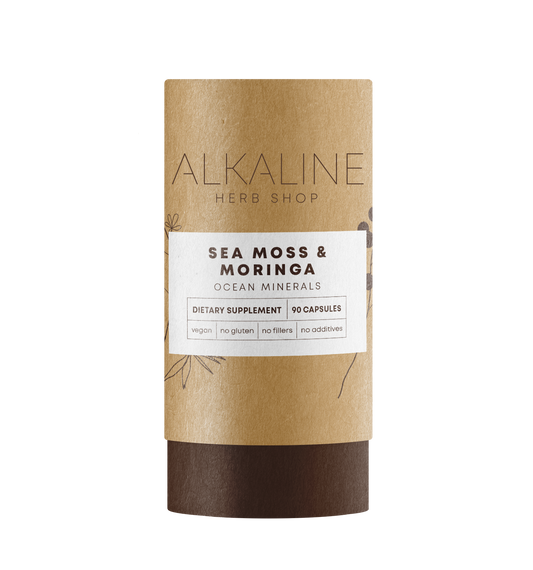
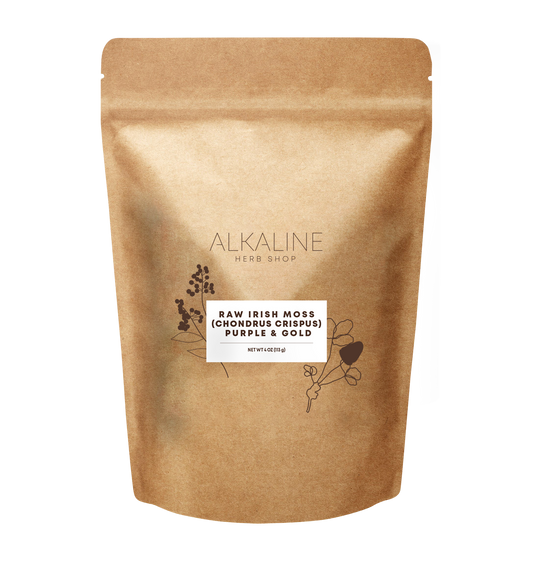
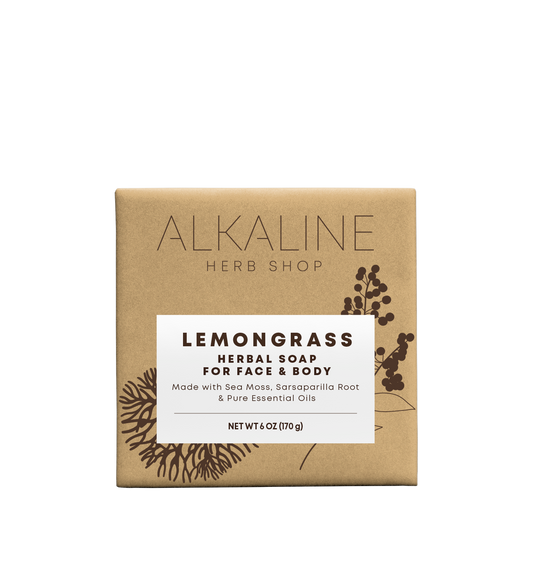
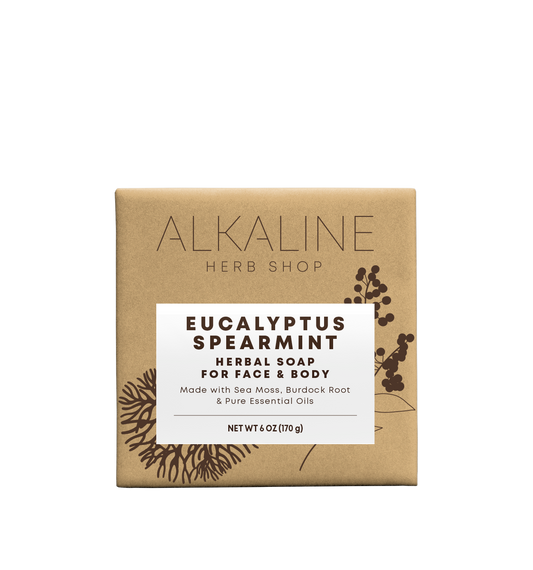
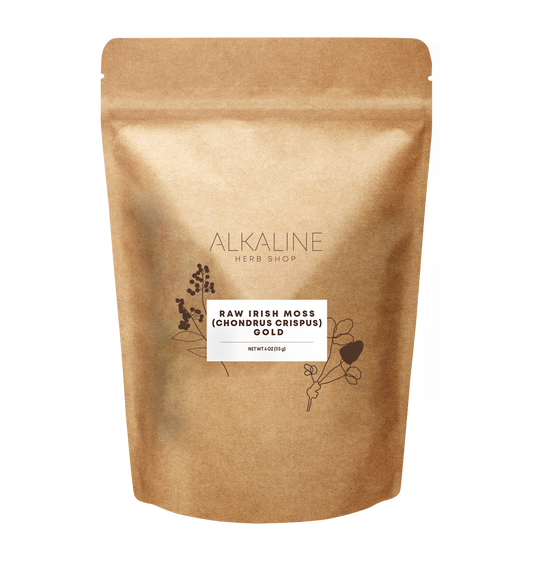
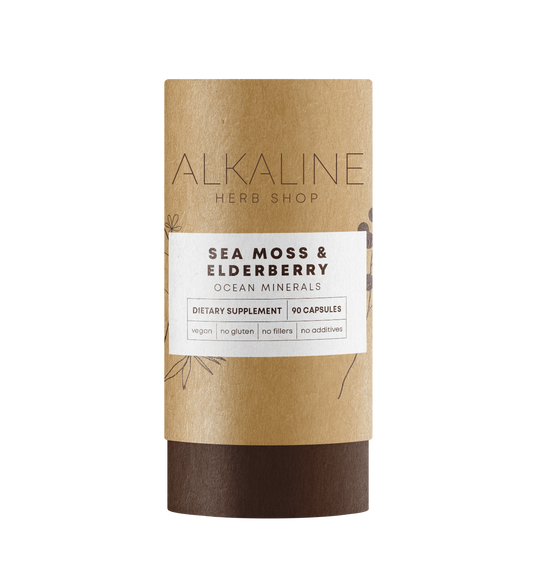
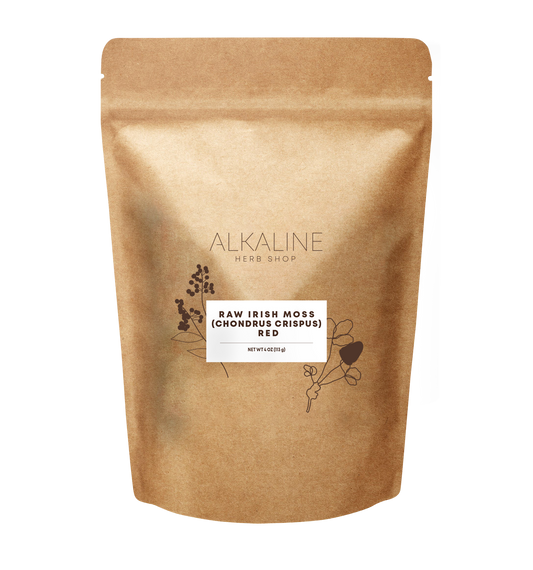
.png?v=14052428765372906161761701960) Previous Post
Previous Post
%20copy.png?v=62173825240595680121761701960)

